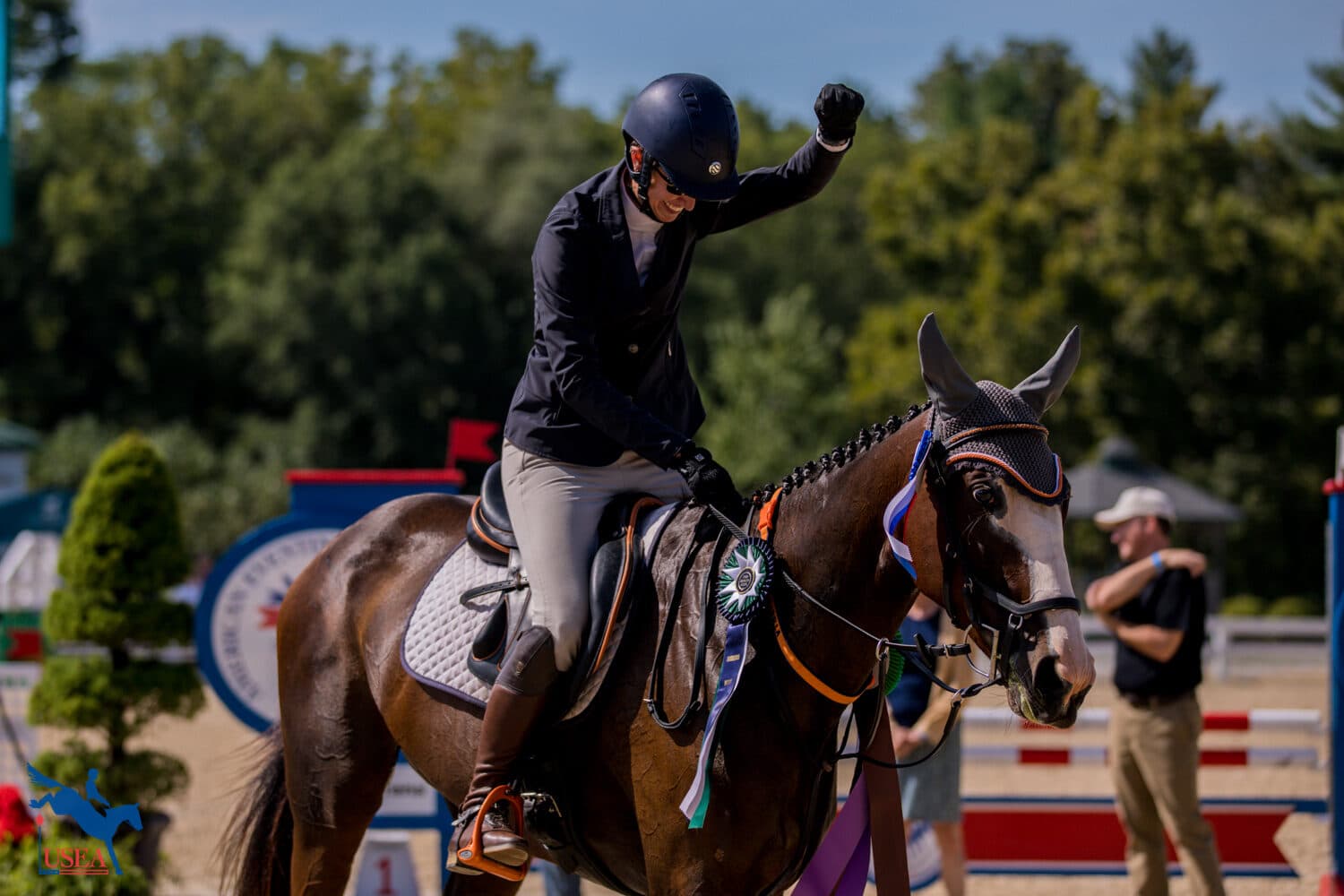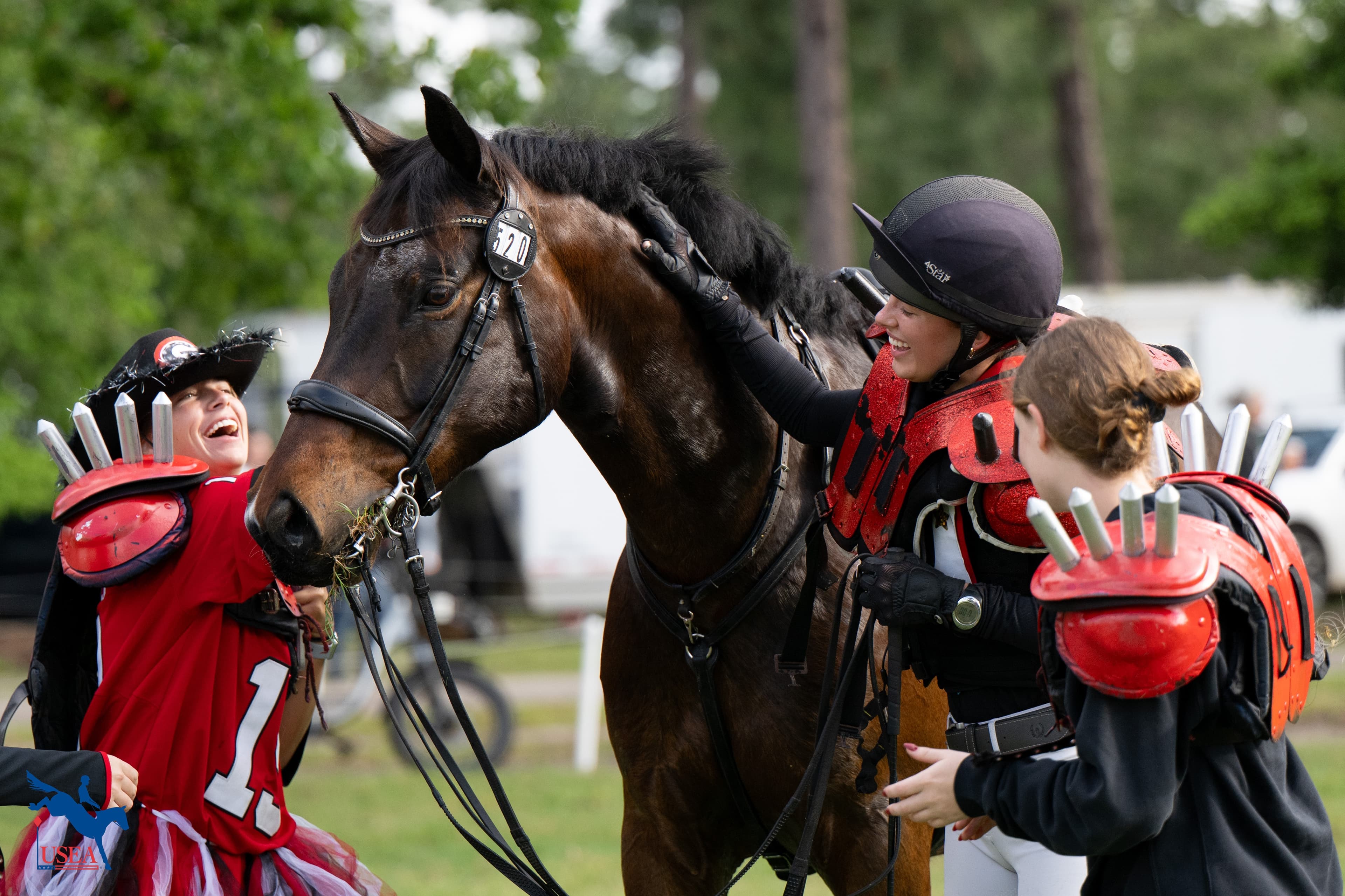Daniel Stewart's Tip of the Month: Your Ego Still Isn't Your Amigo

Last month we began a series of monthly tips discussing defense mechanisms and coping strategies. It’s common for these terms to be used interchangeably, but they’re actually quite different. Coping mechanisms are mental strategies that resolve stressful thoughts and feelings, while defense mechanisms are behaviors that attempt to avoid or hide from them.
This month I’ll introduce you to two new defense mechanisms and two new coping strategies. There’s a good chance you’ve heard of all four before, but hopefully they’ll remind you that you always have a choice when your thoughts and emotions begin to feel overwhelming. You can either hide from them, or you can overcome them.
Defense Mechanism: Denial
Denial is one of the most common ego-defenses and occurs when a rider refuses to accept responsibility for their mistakes, mess-ups, and missed opportunities. Instead of admitting and owning them (so they can learn from them) they block them from their mind so they don’t have to deal with them. In other words, they deny and repress responsibility for bad events so they can avoid the painful feelings that accompany them.
Defense Mechanism: Displacement
Displacement happens when a rider denies upsetting thoughts or behaviors and directs them towards something, or someone, else. Throwing a baseball bat to the ground or breaking a tennis racket are common examples of athletes using displacement to satisfy a negative impulse. Our sport, however, is not nearly as forgiving. While throwing your gloves to the ground after a disappointing round won’t help or hurt; taking your frustration out on your horse with a smack or a yank is always unacceptable. Riders who have an ego large enough to allow them to do this need to ask themselves if riding is the right sport for them.
Coping Mechanism: Sublimation
Sublimation occurs when you redirect negative emotions into positive, constructive, and empowering behaviors. For example, instead of directing anger towards your horse because of two recent falls, you instead channel that energy into a fitness program to improve your leg, seat, and core. The real benefit of sublimation is that it creates the habit of changing negative emotions into positive behaviors.
Coping Mechanism: Anticipation
You can anticipate a potentially stressful event in one of two ways. By worrying about it or by preparing for it. Riders who use anticipation as a coping mechanism always select the latter; mentally rehearsing the efforts they’ll make to create favorable outcomes and overcome things that might otherwise overcome them. The idea behind anticipation is that proactively anticipating stressful events (instead of avoiding or denying them) makes those events feel more predictable and less threatening.
I really hope these tips help you become more mindful of the choices before you. You can either hide and deny uncomfortable emotions, or you can face and overcome them. In the future, always remember that what lies in front of you, and what lies behind you, pale in comparison to what lies inside of you!
I hope you enjoyed this month’s tip and that I’ll get the chance to teach you in one of my upcoming summer clinics. For more information on my clinics, or hosting one, please visit www.pressureproofacademy.com















